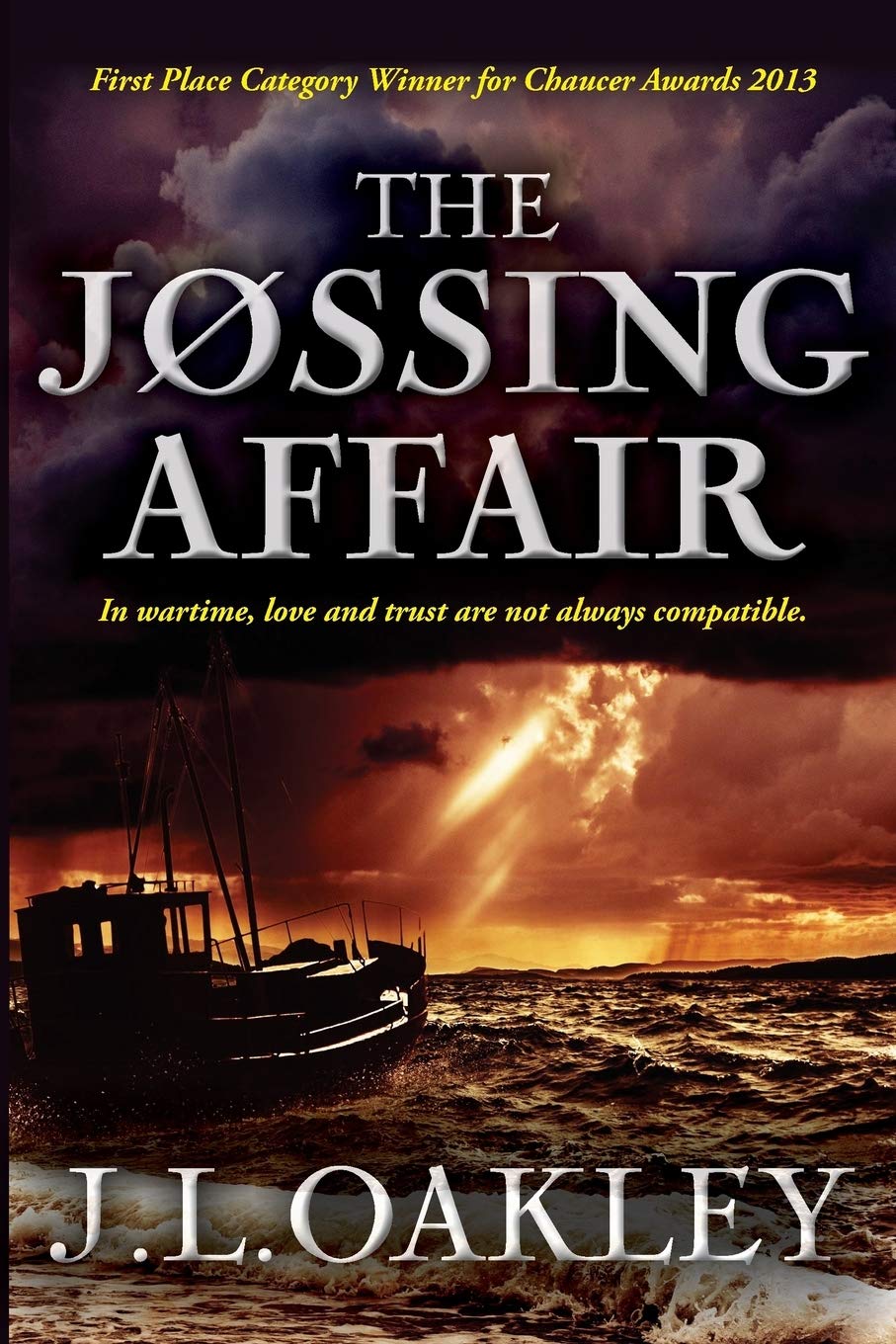Rendered with a lush and lyrical touch, this Y/A historical fantasy depicts the romantic yearnings of two innocent lovers, both dedicated to and trapped by the belief that they embody tragic figures from myth and legend.
Born of a pagan mother and a strict Catholic father, fifteen-year-old Eva Maré learns the hard way that when the two religions clash, catastrophic results follow. Aboard a ship bound for the Azores, Eva undertakes a ritual to transfer the role of Arethusa, a sea nymph dedicated to Artemis, from mother to daughter. But instead of the Goddess’s blessing, hell’s own fury is unleashed. The ship crashes into the volcanic face of Ilhéu das Cabras, though not before Diogo Cheia, a marquês’s son possessed by his desire for Eva, displays his wrath over her rejection.
Eva, now Arethusa, regains consciousness on the Azorean island of Terceira, surrounded by the flotsam of the shipwreck that took the lives of her parents and nearly everyone else on board. Badly wounded and rendered mute by an act of violence she cannot remember, she is rescued by a beautiful young man, who takes her to the orphanage in Angra do Heroísmo, where he lives. There Arethusa is healed, but it won’t be long before she discovers Diogo survived as well.
Thus begins the ages-old tale of two men fighting over the woman they both love. But this is no ordinary triangle: Diogo believes himself heir to the role of Alpheus, the river god to whom, in Greek mythology, Arethusa is bound for eternity. To complicate matters, Tristão Vazante, Arethusa’s rescuer, had been led to believe he is the embodiment of the Cornish knight Tristan and that Arethusa is his Isolde.
This well-written and crisply paced novel mixes the two myths: one Greek, the other of the canon of Arthurian literature. It’s possible the author intended the two disparate myths to represent the clash between paganism and Christianity—and the way the main characters eventually reconcile their religious conflicts—but one is distorted to emphasize evil, while the other is less a Christian morality play than a medieval tale of courtly love.
However, the sweetly chaste passion of Tristan and Arethusa carries the day, along with the Azorean setting, with its seaports and beaches, caves and cities, all wonderfully evoked and enhanced by a sprinkling of Portuguese expressions. An early scene, when Arethusa dreams between life and death after the shipwreck, is a sensory feast. The inevitable showdown between Arethusa’s two suitors challenges the traditional endings of the two myths in a way that is as anticipated as it is satisfying. Readers who enjoy being swept away in romantic fantasy will not be disappointed.
Artemis Rising by Cheri Lasota was awarded First Place in the Mythological Category, The Cygnus Awards 2013. The Cygnus Awards is a division of Chanticleer Book Reviews Blue Ribbon Writing Competitions.










Thank you for your kind words. #sograteful
“Tristan & Isolde” has remained on my bookshelf since college days, but I hadn’t even finished this excellent Chanticleer review before I knew I had to read Cheri Lasota’s intriguing story, melding the Arthurian-era and ancient Greek myths,
I loved this book! It is a fascinating weave of romance, myth, and culture. An intriguing love story set in an authentic background of the Azores give it a unique flavor. Artemis Rising is one of my all-time favorites!